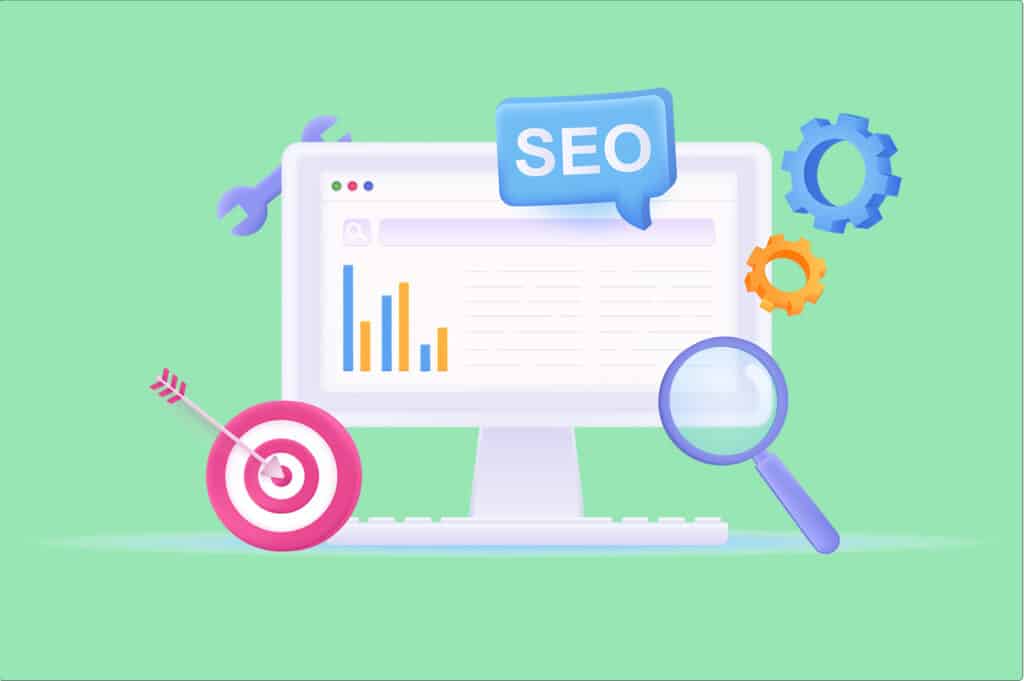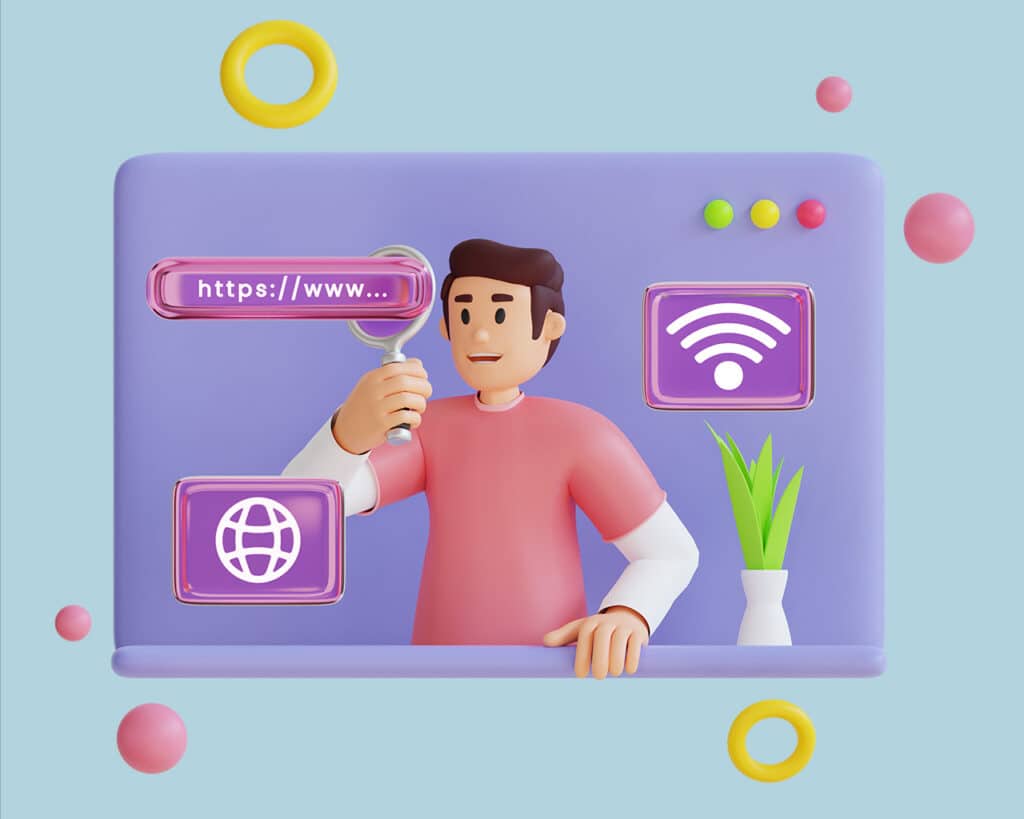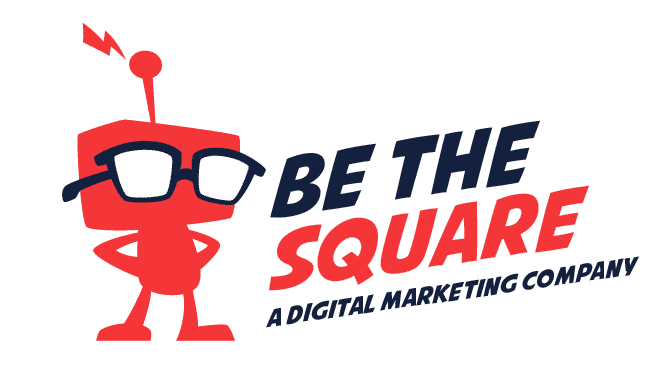How to Get local SEO Traffic Near Me – Let’s Go!
If you’re looking to get more traffic to your business, then local intent is the best place to start. Local intent searches are highly targeted and ready to convert into action. So, what are local intent searches and how can you optimize for them? In this post we’ll take a deep dive into how local search algorithms work, why we should focus on optimizing for near me queries, and some best practices for optimizing for keywords like “near me” or “local.”
READ: Google SEO: How to Start Your Google SEO Journey

What is Local SEO?
Local SEO is a subset of general SEO. It focuses on optimization of your website to be found in local searches.
With traditional SEO, you would optimize your site to appear higher in search results when someone is searching for words like “web design” or “social media marketing.”
With local SEO, you would optimize your site to appear higher in search results when someone is searching for words like “web design Boston” or “social media marketing Los Angeles.”
Moz also has a great guide on Local Search Ranking Factors we recommend reading.
READ: Local SEO Strategy 2022
How Do Local Search Algorithms Work?
Local search algorithms go by many names, but they all refer to the same thing: a way of ranking local businesses in search engine results. There are two main types of local search algorithms:
- Proximity-based — Proximity is determined by measuring how far away a searcher is from a business’s location. The closer you are, the higher your listing will rank in the search results.
- Intent-based — This system uses information about your query and how you’re searching to determine what sort of businesses you’re looking for. For example, if you type “near me” into Google Maps or ask Siri for directions using “I’m hungry,” it’ll suggest nearby restaurants over other kinds of establishments because that’s likely what you want at that very moment in time (rather than say an accountant).
READ: What is SEO / Search Engine Optimization?
What is Local Intent?
Local intent is a search query that’s looking for a local business. It’s also called “Near Me” searches, and it’s one of the most valuable types of traffic for your business.
Local intent is an important part of SEO because it helps you rank for relevant terms, which means more potential customers seeing your website in search results. A study from Moz found that 74% of people use location-based keyword targeting to find businesses near them on Google Maps (and no wonder—that’s how I found my favorite taco truck!).
Google takes local intent seriously: they’ve even introduced “near me” ads so that businesses can pay more to be shown when someone searches within a certain radius around their location. Local intent has been proven to convert at much higher rates than non-local or generic keyword searches, so if you want to see what all the fuss is about and boost your own business results, keep reading!
Why are Local Intent Searches So Targeted and Ready to Convert into Action?
There are two main reasons why local intent searches are so targeted and ready to convert into action.
The first reason is that these searches are typically performed by people who want something specific. The searcher wants a local business, or they want a product in their area, or they’re looking for information about something happening nearby.
This means that when you show up in their search results, your copy can be more direct and focused on what it is they want from you—and not just any company that happens to sell the same thing as you do. Not only does this help avoid confusion (and help them move on), but it also makes them more likely to click through and contact you!
The second reason is that this intent is local. It’s not just a desire, but it’s also something specific to where the person lives or works. They want something near them, which means that if you’re in their area and can provide what they need or want—then you’re going to be their first choice!
Optimizing for Local Intent
Optimizing for local intent is the most important part of your SEO strategy. Local intent search terms are used by people looking for a specific business in their area, and they’re often used in conjunction with local keywords. For example, if you run a restaurant in New York City and someone searches “restaurant near me” or “Italian restaurants NYC” then you want to show up as high as possible when they click on those search results.
The reason that local intent is so important is because it gives you an indication of what kind of user behavior you can expect from the searcher: they’re highly likely to convert into customers because they already have the intent to buy! But when it comes down to it, how do we know if we’ve optimized our websites properly? Luckily there’s been some research done on this very topic.
READ: Tips to Dominate Local Search
HubSpot has put together a great list of 50 local business directories, a great place to start!
A Focus on Google
When it comes to best local SEO, Google is the name you should be shouting from the rooftops. It’s the largest search engine in the world and has been for years, and it also happens to be the most important one for your business. That’s because no other search engine can give you local intent traffic—the type of traffic that goes straight from Google to your website or mobile app. This kind of traffic is far more likely than non-local intent searches (those that start with “how,” “what” or “where”) to result in an action on your site like a phone call or email inquiry. In fact, 85% of all mobile searches have local intent!
Think with Google has some eye-opening statistics on user behavior, you should check it out!
Although we tend to focus on Google, you should also not forget about Bing! Apart from ensuring all your details are correct in Google My Business, you should also ensure your business and website are listed on Bing Places for Business.

Best Practices for Optimizing for Near Me Queries
There are a few best practices that you should follow when optimizing your website for local intent queries. These will help ensure your content is relevant to the user and will help boost traffic to your page.
Here’s a list of the most important things you can do:
- Use local intent keywords: You want to use words that users would search for if they were looking for businesses near their physical location. For example, if I’m in Chicago and I want to find a good cupcake shop, I might type in “best cupcake shops near me” or “cheap cupcakes near me.” Your goal is to make sure these terms are included somewhere on each page of your site, so it shows up when someone searches for it.
- Include local business listings: A lot of people will also include local business listings on their pages because Google considers this as one way that websites can prove they’re focused on certain locations relative to others—so adding them is important! This can even include maps showing where each store may be located or where other points-of-interest are located nearby (like museums). As long as there’s some sort of reference point within driving distance from where people live/work/play then it’ll likely show up nicely when doing searches like this one–especially since they usually don’t need exact addresses (they just want general areas).
Wrap Up of Best Practices for Local Intent Searches
Local intent is an effective way to target customers in your area, if you do it right. And you will be able to tap into this traffic for years to come. Just follow these best practices:
- Make sure you have relevant information about your business on local directories and review sites
- Optimize your website with location-specific keywords
- Be consistent across all of your online properties (website, social media profiles)
Conclusion
We hope this guide has helped you learn about the importance of local intent and how to optimize for it. If you need help implementing these strategies into your website, we’d be happy to work with you! We offer award winning Local SEO Services!
Contact us at hello@bethesquare.com or call 833-277-8273 to have a strategy call and see how we can help make your website popular!





